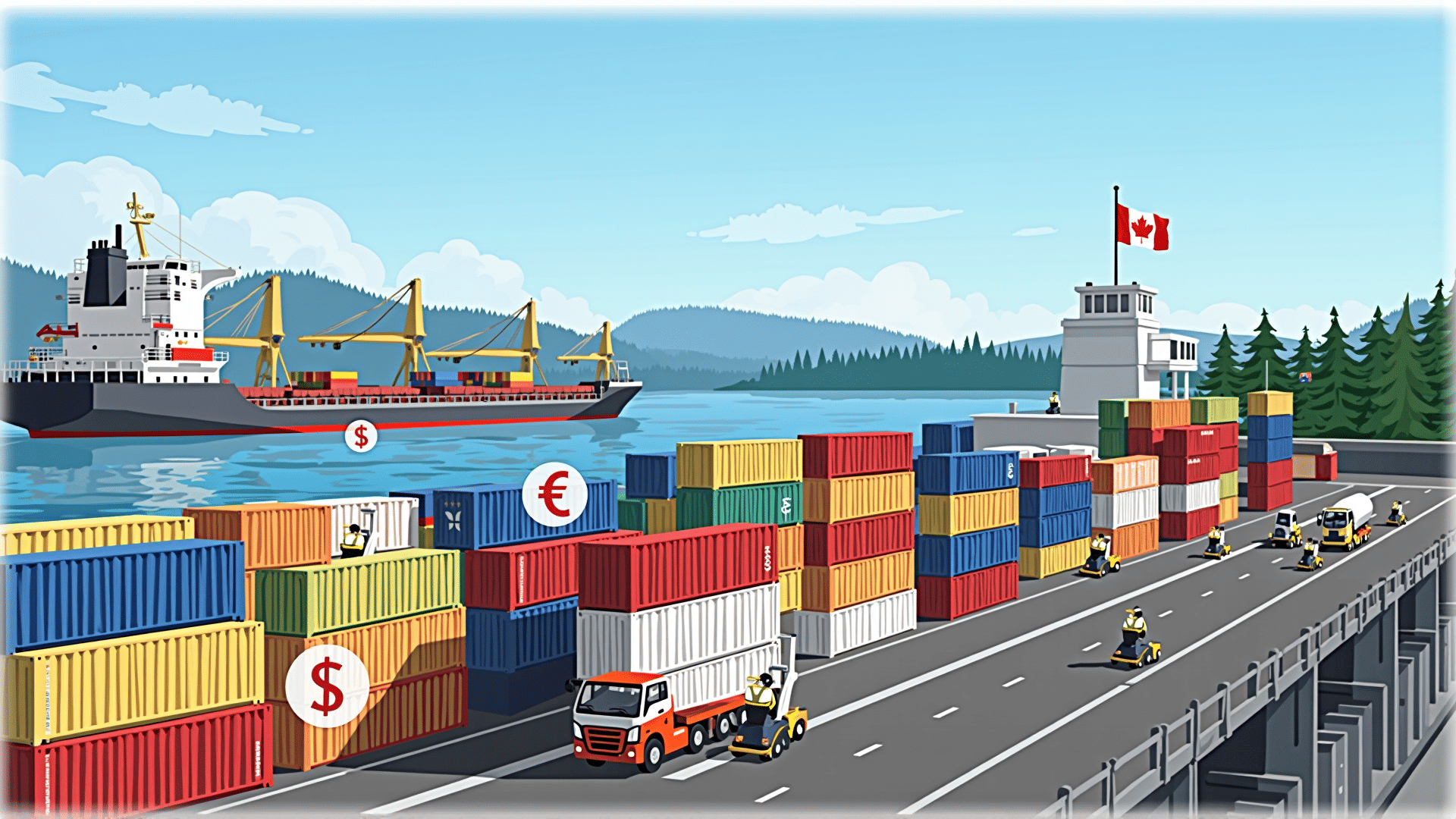Canada's economy is deeply intertwined with global trade dynamics, with both benefits and challenges shaping its domestic landscape. As a country with a relatively small population but vast natural resources, Canada relies heavily on international commerce to sustain and grow its economy. Consequently, its economic health is significantly influenced by global trade relations, necessitating adaptive policies and strategic models to navigate ever-changing international markets.
One of the primary ways through which global trade impacts Canada is through its export-driven sectors. Energy, minerals, and forestry products are among the top contributors to Canada's GDP, with a large portion destined for foreign markets. As global demand fluctuates, so too does the economic stability of these sectors, prompting Canadian policymakers to focus on diversifying export markets and enhancing competitiveness. This diversification strategy not only insulates the economy from over-reliance on a few trading partners but also opens new opportunities for growth.
Canada's geographic location and trade agreements play a crucial role in shaping its economic landscape. The United States remains Canada's largest trading partner due to proximity and the Canada-United States-Mexico Agreement (CUSMA), which facilitates seamless trade across the continent. However, the volatile nature of geopolitical shifts necessitates Canada to strengthen ties with other regions, such as the European Union, through agreements like the Comprehensive Economic and Trade Agreement (CETA), and Asia-Pacific countries via the Comprehensive and Progressive Agreement for Trans-Pacific Partnership (CPTPP).
Adaptation to these international challenges requires robust economic policies. To improve efficiency and competitiveness, Canada invests in innovation and technology. By fostering a knowledge-based economy, Canada aims to leverage advanced manufacturing, information technology, and clean energy industries. Government incentives and support programs for research and development help Canadian companies to innovate, providing a competitive edge in the global market.
Another critical aspect of Canada’s response to international trade dynamics is trade diplomacy. Actively participating in multilateral trade organizations like the World Trade Organization (WTO) allows Canada to engage in rule-making processes and dispute resolution, ensuring fair play in international markets. Moreover, Canada’s emphasis on fostering inclusive trade policies seeks to balance economic gains with societal benefits, supporting sustainable economic development and ensuring that gains from trade are widely distributed among its population.
Challenges do persist, however. Global economic uncertainties, such as protectionist tendencies in key markets and supply chain disruptions, test Canada's resilience. In response, Canadian firms are encouraged to build flexible and resilient supply chains, reducing vulnerabilities to external shocks. The government also aims to strengthen domestic production capacity and workforce skills to prepare for future shifts in trade dynamics.
In summary, global trade relations exert significant influence on Canada's domestic economy, shaping economic policies and strategies. By diversifying trade partners, investing in innovation, and engaging in active trade diplomacy, Canada strives to stabilize and enhance its economic position. Amid global uncertainties, Canada's commitment to building a resilient, adaptive, and inclusive economy remains central to its long-term prosperity.
